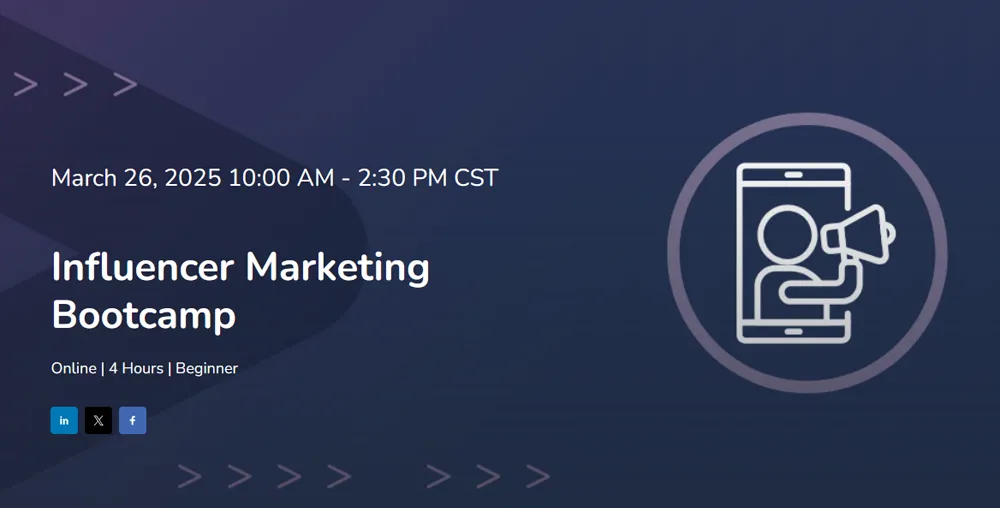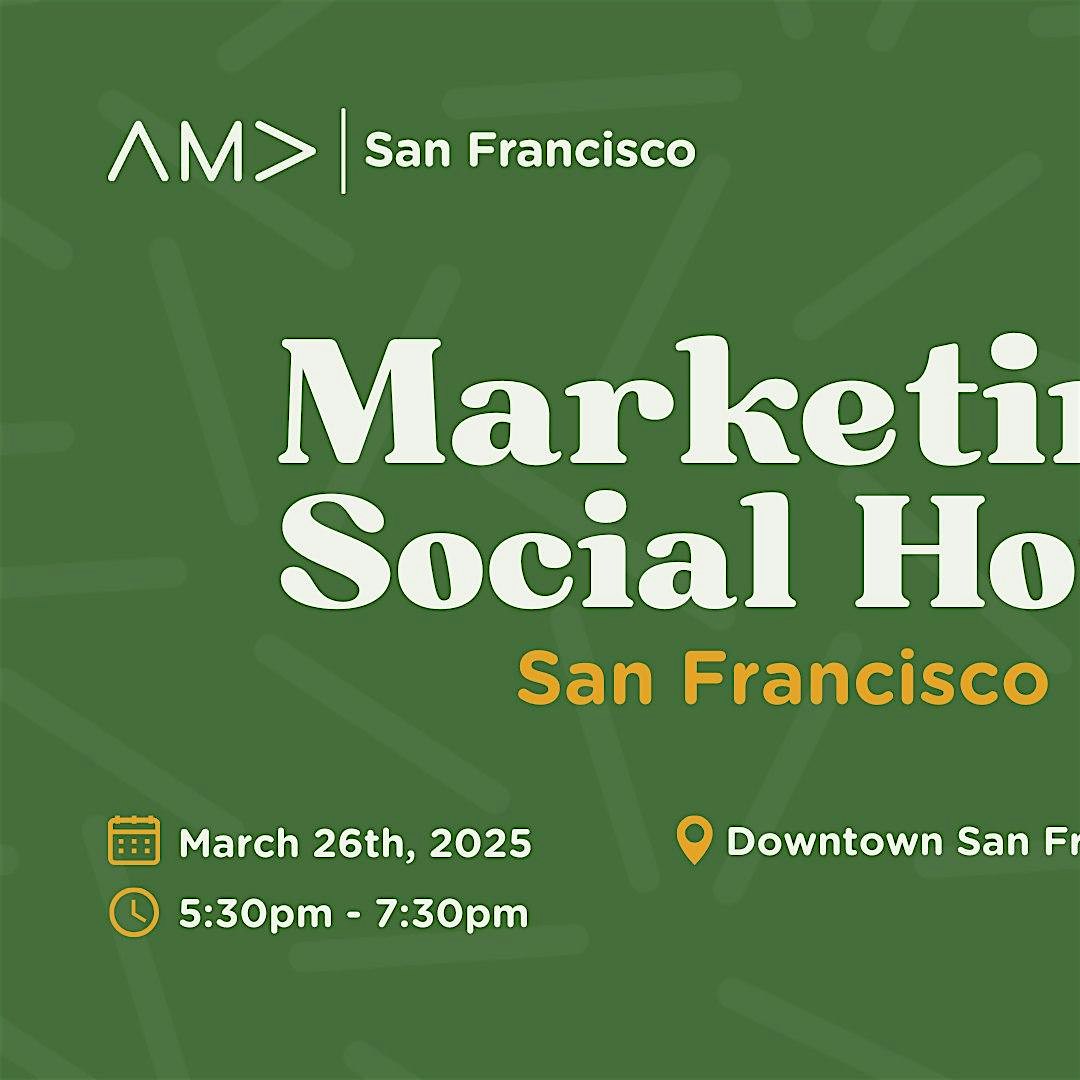
By Golden Ashby, SFAMA Director of Social Media
& Kathryn Prescott, SFAMA LinkedIn Manager
Social Media is all anybody talks about these days. But many organizations fall short of fully capitalizing on the opportunities that exist within social. Perhaps this is because they are approaching the execution of social marketing with the same expectations they have for traditional marketing, or maybe they don’t really understand their customer’s needs and wants. Social media is changing every aspect of how consumers behave. As business leaders and marketing professionals, we need to understand these changes, adapt, or become irrelevant.
The San Francisco Chapter of the American Marketing Association (SFAMA) was lucky enough to have the passionate and engaging Brian Solis come speak to our members last week. Brian is a world-renowned blogger (ranking among the top 1% of all blogs tracked by Technorati), award winning author and new media thought leader. He studies and influences the effects of emerging media on business, marketing, and culture. Brain is also a principal analyst at the Altimeter Group, a leading research based consulting firm where he puts these ideas to practice.
Brian discussed how “each layer of the complex consumer revolution that is changing the future of business, media, and culture” in relation to his [latest] book, The End of Business As Usual. Everybody in the room was in awe of Brian’s deep understanding of how digital connectivity affects the ever changing world of business.
The message that stood out to most was when Brian stated, “social media isn’t owned by marketing, but instead the entire organization, and this changes everything”. You can see more of Brian’s top quotes of the night here.
Social media often acts as a silo within marketing, customer service, or human resources. Brian suggests that just one department should not own social media, but instead, social media should act as the bridge between all departments. When consumers think about your company they do not see silos, departments and teams; they see one brand, one experience. Social media changes how consumers behave and interact with your brand. Consumers now dictate the channels used to engage with a brand, both online and offline. The new role of social media allows brands to help customers, fans, and influencers share a brand’s products and the “ideas” that bond us with them.
It is time for brands to move beyond the question of whether or not to participate in social media and define the social media optimization strategies they will use to build their community.

As marketing professionals and business leaders we must go beyond social strategy. Organizations must take account for customer needs, challenges, and options in order to build a holistic strategy around these needs. All communications must have the same message: the website, customer service, social media, marketing, etc. There are many metrics you can use to measure your social media success. Yet companies are always asking where’s the ROI? This is often times a path towards a social #fail. What’s possible for ROI is different for every brand. By design, businesses are optimized to collaborate in the matrix. Before we can innovate externally, we have to innovate internally.
The difference between a social brand and a social business is very simple. “While creating a social brand is a necessary endeavor, building a social business is an investment.” Here are a few more of our favorite takeaways from Brian’s presentation:
- Create a social media foundation to deliver an integrated brand experience.
- Align social media with internal business objectives.
- Social media helps brands evolve and brings the offline and online worlds together.
- When it comes to social, think like a customer. Help internal teams better understand who they’re trying to reach and what moves them. Bridge the consumer gap.
- Connected customers see the world differently, uniting the online and offline worlds.
- Remember: once a purchase is made, it’s often broadcasted via social media. Consumers continue to share their experience, good, and bad, and it contribute to the future decisions of others.
Perhaps the greatest take-away from Brian’s talk was his theory on Digital Darwinism which states that Social Media is here to stay and we will never go back to the way things were before. We must “Adapt or Die”.
We hope you enjoyed this once-in-a-lifetime event and if you missed it, you found this article beneficial as you embark upon your new social journey. The SFAMA is always here to help you down whatever path you may embark. Do you have any thoughts or questions you would like to share?
Picture credit: Brian Solis








Comments are closed.